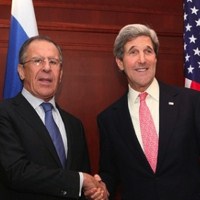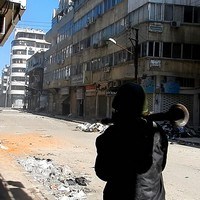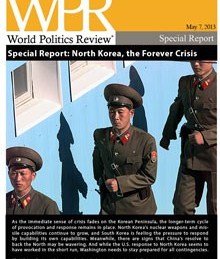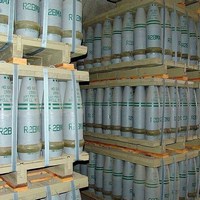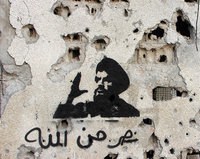
Does the U.S. genuinely want its European allies to police their geopolitical backyard? When it comes to the Syrian crisis, the answer seems to be no. Last week, the Obama administration signaled that it intends to set the diplomatic pace over Syria as the U.S. and Russia announced joint plans for a peace conference. This was not only an accommodating gesture to the Russians—who, as I argued in this column last week, have made immense political capital out of the conflict—but also a setback for Britain and France, which have agitated for a more hawkish Western line, including arming the […]

